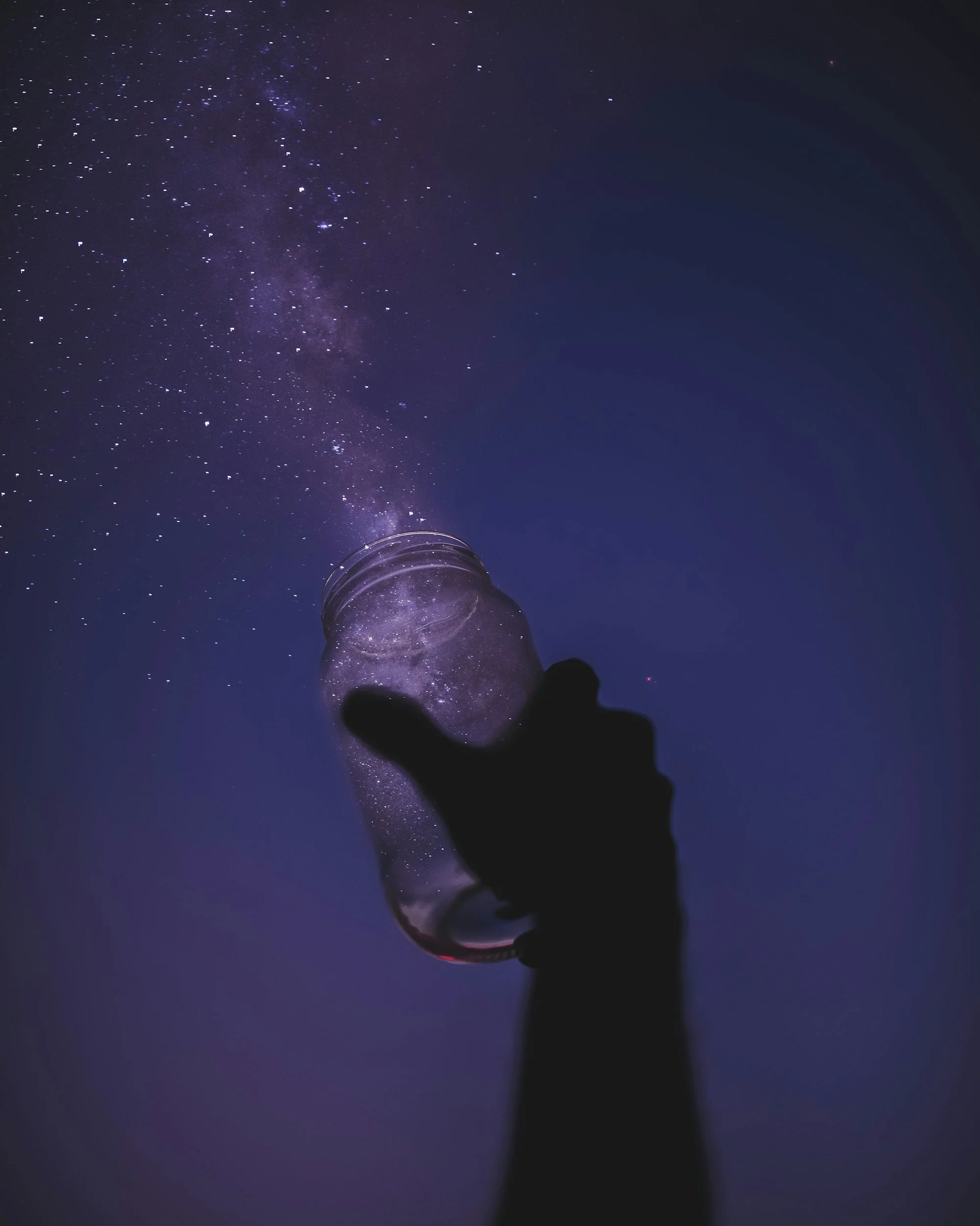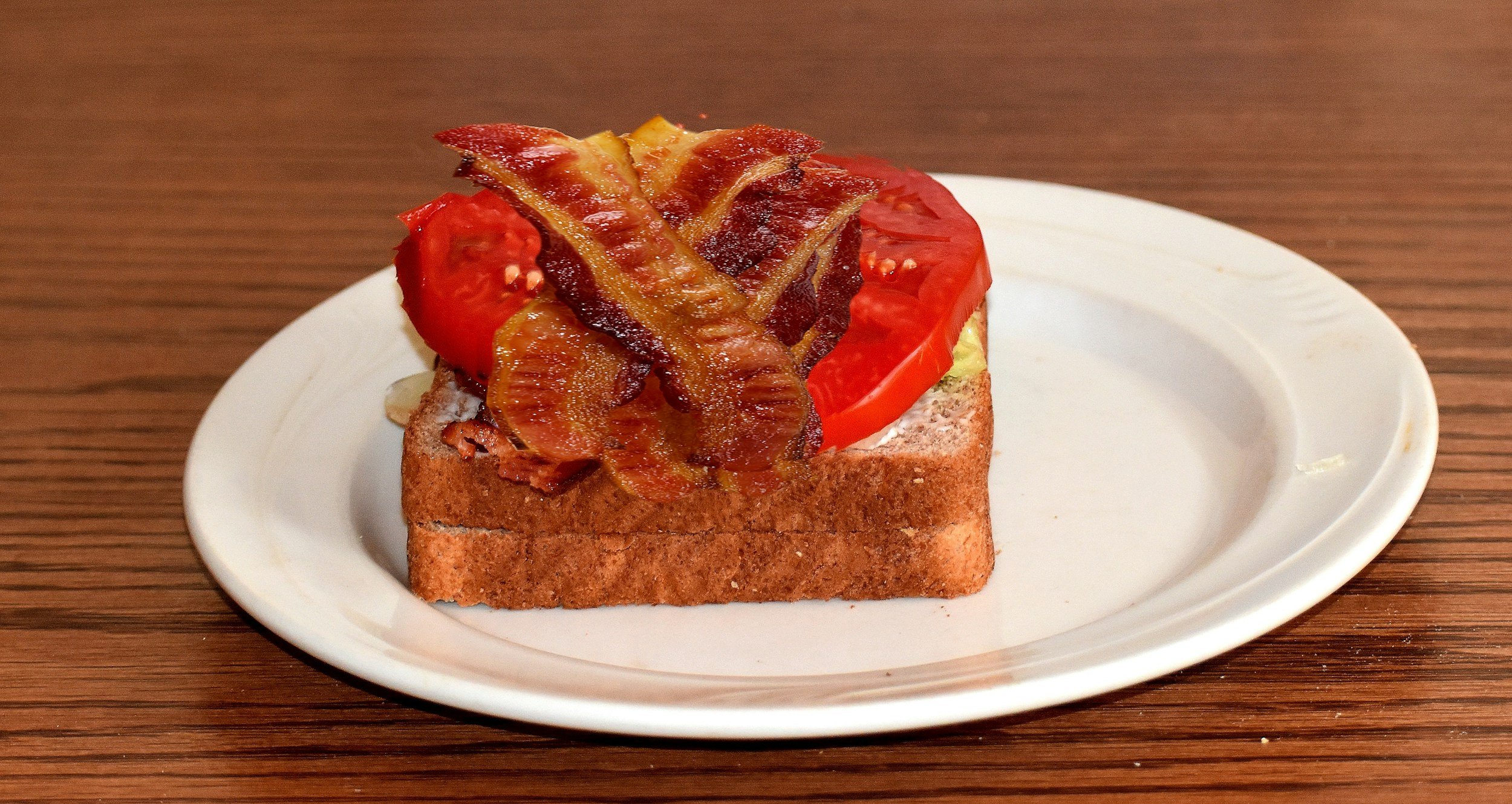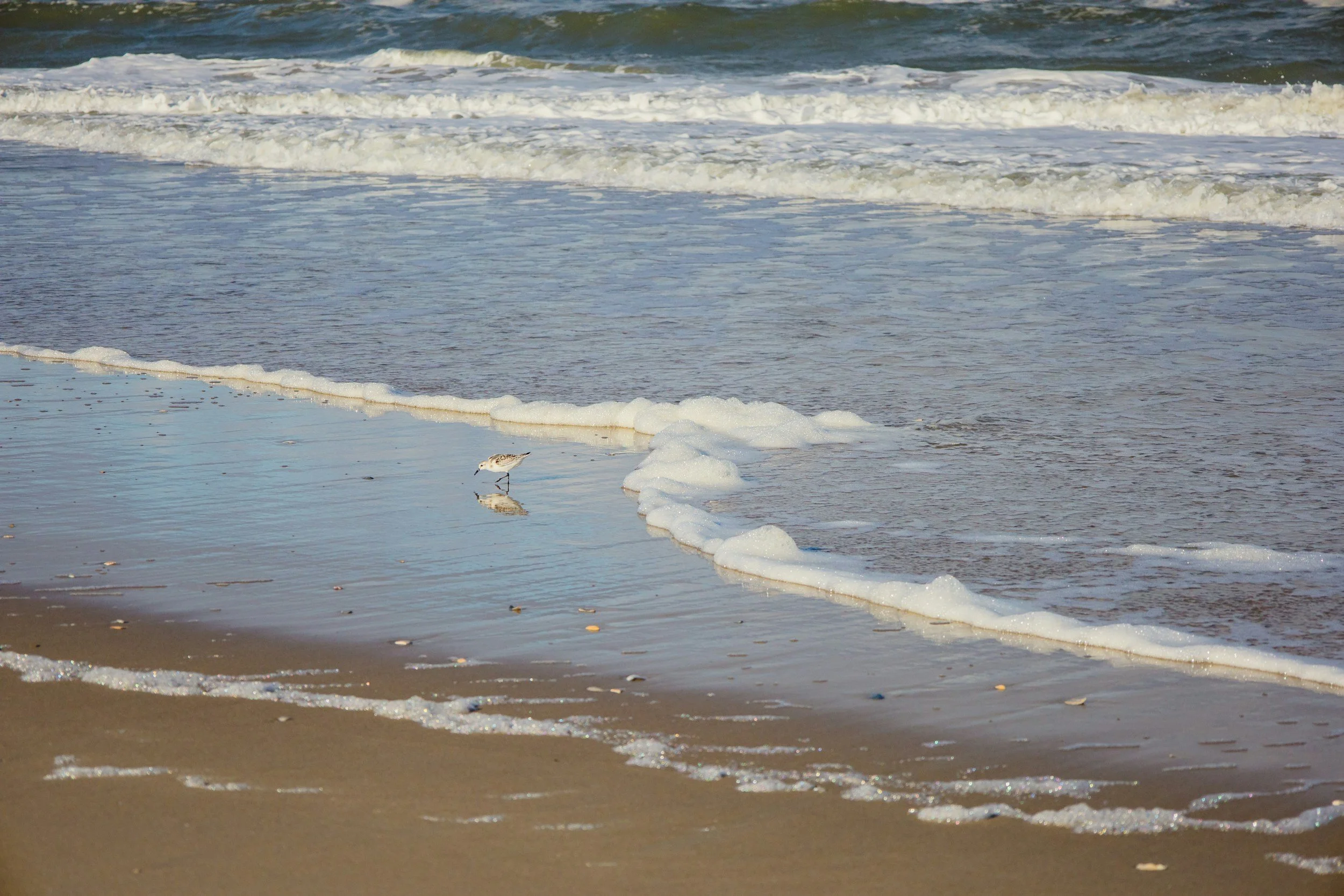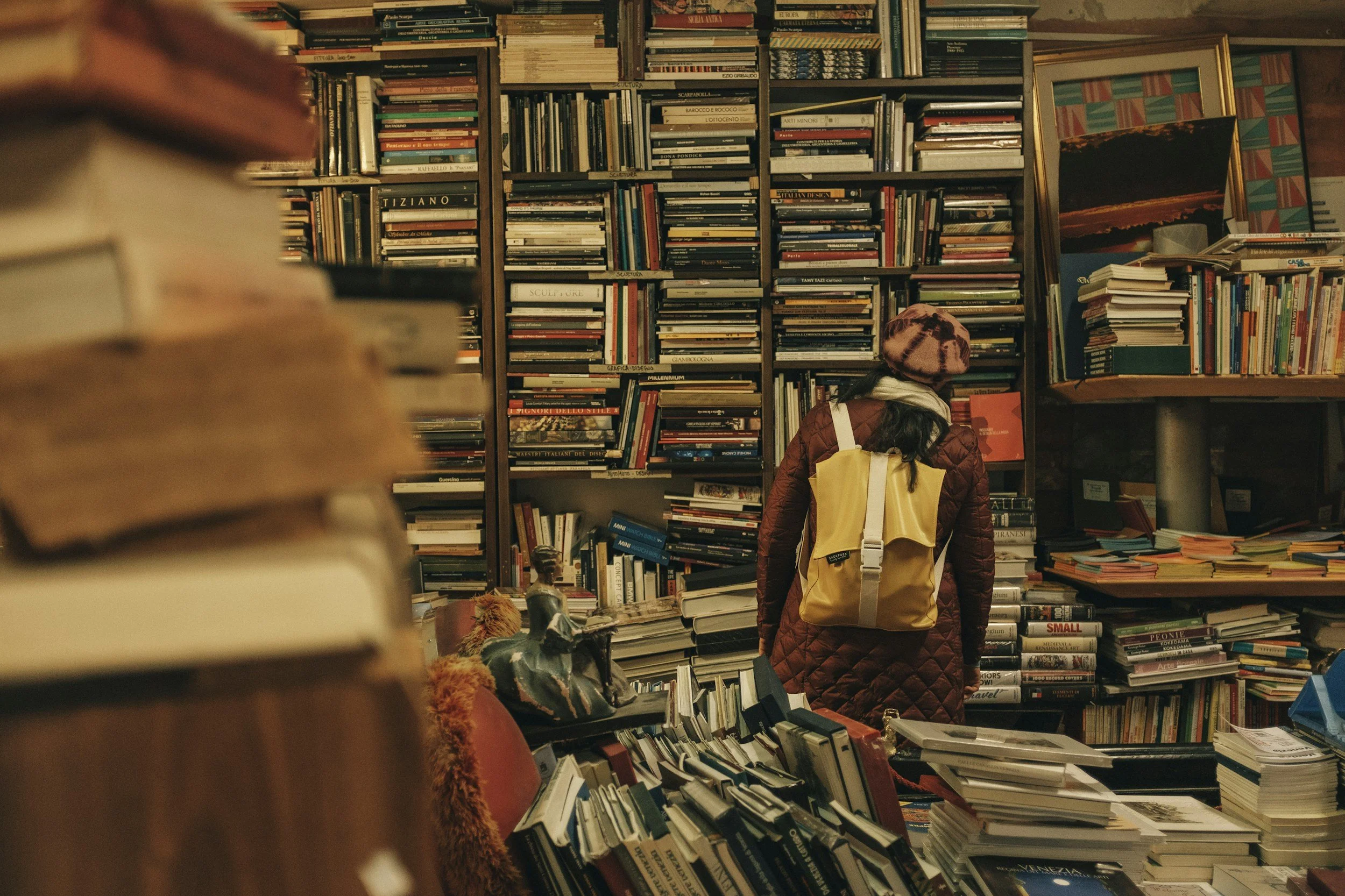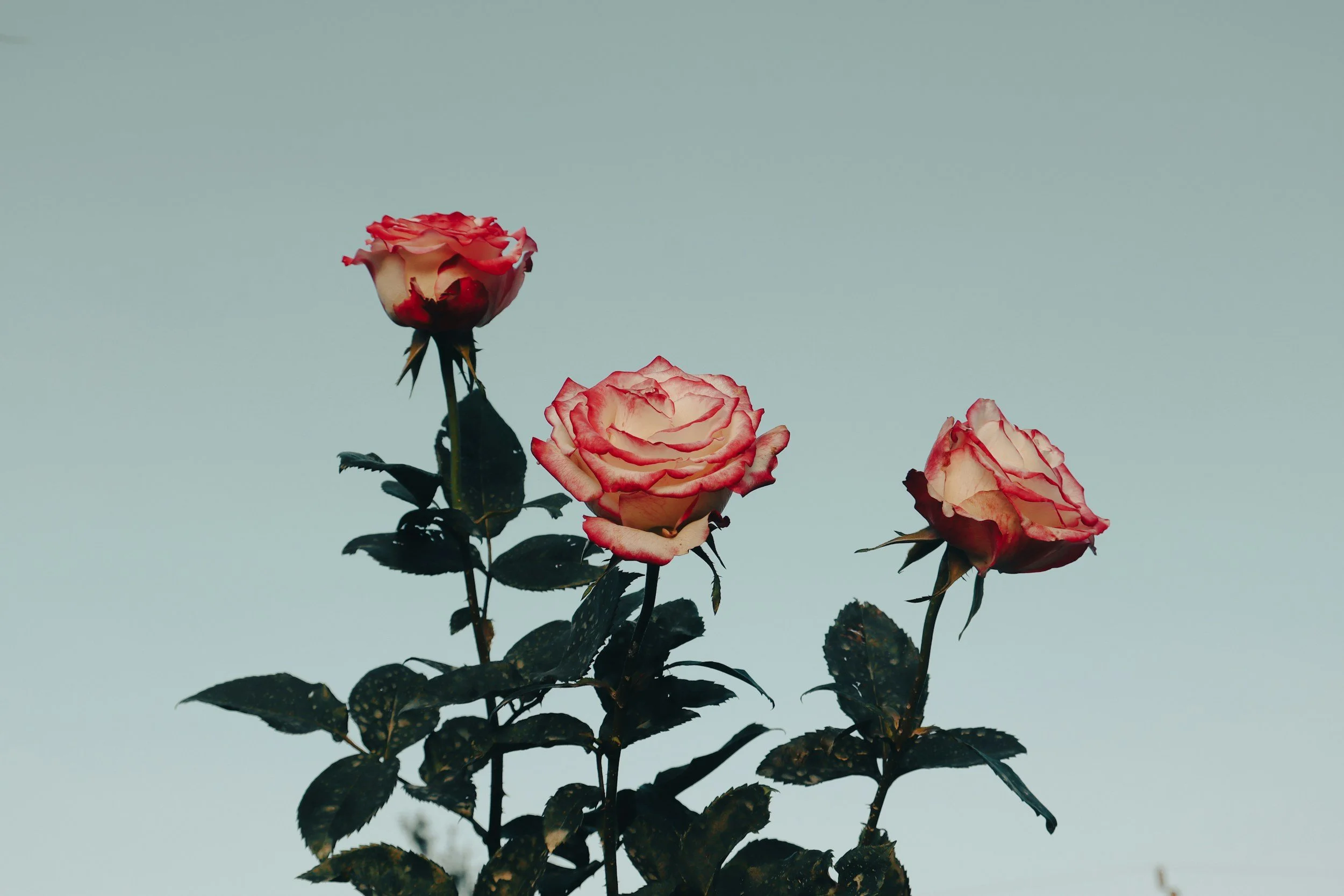Babies I'll Never Have
“Women with Ehlers-Danlos Syndrome are 9.04 times more likely to die following delivery than women without the disorder…EDS in pregnancy is a high-risk condition with increased maternal morbidity and mortality, as well as newborn morbidity.”
–“Pregnancy outcomes in women with Ehlers-Danlos Syndrome,” The Journal of Maternal-Fetal & Neonatal Medicine
*
I walk troublingly late. None of the doctors know what to make of me.
“You came out of the womb singing your ABCs, but you didn’t walk until you were two-years-old!” my mother jokes. “You were just so smart. You wouldn’t even crawl. You’d just roll everywhere, like a little log. You were very efficient.”
A very expensive doctor on the Upper West Side finally steps in and fits me for special shoes with arch support. They are pink leather and make my feet look comically large for a child so small, and I wail when they are strapped on to me, wriggling as the velcro crunches into place. I detest the process of learning to walk. I fall constantly. My little knees remain perpetually bruised.
Once I finally get the hang of it, though, I am unstoppable.
I have a baby doll named Lucy, and I push her around in a little purple and yellow stroller. The stroller is a gift from my Grana—her own daughters never had children, and so she instills the need to procreate in her granddaughter young. I push that stroller up and down Montague street for hours, no matter the weather, waving to each and every shopkeeper and wishing them a good day. They always tell me I am meant to be a mother.
In the house on Webb Street I live in a pink room with my children, three plastic dolls with golden curls and glassy blue eyes. I braid their hair and dress them, four-year-old fingers stumbling on velcro fastenings as I whisper in their ears.
“You are absolutely wonderful.”
“You are so smart.”
“You are beautiful.”
“I am so lucky to have a daughter like you.”
I am good to them. None is more important than the other. Each lies in my bed with me at night, and in the mornings, I awake with tiny pink palm prints on my cheeks. In sleep, they reach for me.
My own mother takes great and personal pride in my maternal attitude. It means that she has done her job well. She braids my hair, and I memorize the rhythm of her fingers so that I may braid the hair of my dolls, imbuing their cold plastic scalps with something warm and far off, unsteady in the decades yet to come.
In a letter I will receive on my eighteenth birthday, my mother writes, “You talk about having a daughter…She is already real to us. I sometimes wonder if her soul is hovering around, just waiting to be born to you.” The letter is dated July 30, 2007. I have just turned five-years-old, and even then, the very proof of my daughter is chronicled. She is made actual, more than a dream or a possibility. She is an eventuality.
*
Her name is Lucille. She has long red hair that I braid with expert fingers, tying it off at the end with blue silk bows. Blue is her favorite color.
She sits on the kitchen counter and watches me as I cook. Her little legs swing to and fro, dangling off of the marble ledge. She wears a light floral sundress smeared with grass stains—she is a more adventurous girl than I was.
“Ma?” She chirps. Her fingers are wrapped each around the other.
I am kneading bread dough, pulling it toward me and pushing it away with long fingered hands. A diamond ring and wedding band sit in a little china dish at the edge of the mess of flour and dough. “What is it, Lu?” I ask her gently.
Her feet stop swinging. “I always wanted you to be my mom,” she whispers.
I kiss her on the nose, breathing her in. She smells like woodsmoke, hot and savory. Her father built a bonfire last night, and the neighbors gathered round it to make s’mores and drink commuter mugs of white wine, and she fell asleep at his feet, nestled in the moss of the backyard.
“I can’t bring myself to wake her up,” he’d said, gathering her up in arms that ring with a soft safety, like hardwood floors worn smooth with dancing. Her head lolled on his shoulder as we bid farewell to the neighbors and wandered through the grass back toward the big green house, her strawberry lips slightly parted, her eyelashes fluttering with dreams.
Now, I breathe in the very extract of her, trying to boil it down into something totally pure and strong. “I always wanted you to be my daughter.” I tell her, and it is more true than the flour on my hands and the embers of the fire still smoking gently in the yard.
We shape the bread together, my large hands guiding her only slightly smaller ones. My husband says she has the hands of a pianist.
“Look at those fingers.” He said when we brought her home from the hospital. We placed her in her little white crib and stared at her with utmost terror, as you stare at the garden trellis you just built that surely can’t be standing up all on its own. “She’ll be able to span an octave by the time she’s nine-years-old.” His hands are those of a guitarist, well callused and nimble to no end.
I don’t need to measure her fingers to know she has the hands of an artist. I can feel it in the warmth of her palms, even now as she gleefully compresses the dough with a focus most uncommon in children of her age. My hands recognize hers. She will make something beautiful; like a tall building or a tiny cake or a painting that changes when you tilt your head this way and that or music that makes couples in bars kiss each other and say, “Babe, this is our song now.”
That’s her. Those are my daughter’s hands.
*
I care for my brother with a deep ferocity, totally innumerable and completely unbreakable. I am the only person from whom he accepts hugs, and I hug him often, clutching his strong, desperately alive body against my weaker one. He trusts me more than anyone in the world.
Everyone notices this about us. They always tell me I am meant to be a mother.
I am eleven when I put one foot wrong on Christmas Day and my left kneecap shoots out of place to rest on the side of my thigh. When the pain attacks me, the first thing I scream is, “I’m so sorry.”
Because I can no longer manage the stairs, I sleep in the living room on the couch during my recovery. On that very first night, my baby brother appears at the bottom of the stairs, sleeping bag tucked under his arm, candy cane pajamas rumpled.
“Can I sleep down here with you?”
I push myself up on one elbow. “Are you sure?”
He nods solemnly. “I don’t want you to be alone.” He sets out the sleeping bag, eyes narrowed with focus.
I stroke his hair as I sing him a lullaby.
Mother Earth, Father Sky
Sing to you this lullaby
Brother Wind, Sister Moon
Shed some light to your room
I look down at him as he sleeps, seven-year-old body huddled on the floor next to me, red curls spilling out onto the old green carpeting. I brush those fiery wisps of hair off his face, so solemn, even in dreams. Outside, the full moon checks her reflection in glistening snow.
“I want to make sure we don’t ignore him.” I say to my mother the next day, pain unbuckling my usual silence. “I don’t want to take up too much energy and attention because of all…this.” I gesture to my traitor leg, elevated on a stack of pillows, immobilized in a great gray brace that stretches from my tired hip all the way down to my frail ankle.
Her cheeks grow wet with tears. “See, Katherine?” She whispers. “This is why you’re going to be such a good mother.”
I think about the pain in my shoulders, joints so terribly unsteady. I pray to that full moon that I will grow into some sort of strength. How else will I scoop my future children into my arms, hold them against my body, keep them safe?
*
The next child is a boy, round faced and curly haired and brilliant and peculiar in the way that all the best children are. He is named Theo.
He has a hard time sleeping when the moon is full, so one night in November he tugs gently on the edge of my nightgown until I drift awake. His stormy blue eyes are huge and round, brows clenched with embarrassment that seems out of place on the face of a six-year-old.
He doesn't need to say anything. I am a good mother, so I just know.
I scoop him up in my arms, holding his flannel clad form tight against my chest. He wraps his legs around my hips, and I settle into the sensation of his ankles linking about each other just over my tailbone. I press my lips against the soft damp skin just behind his ear and breathe him in. He smells like all-natural organic honeysuckle shampoo, tight curls still wet and fresh from the bath. He is still at that delightful age where playing in the bath brings an excitement unparalleled by anything else. Ships are wrecked and epic battles enacted, all underscored by unregulated laughter echoing off of the porcelain tile.
His fingers tuck into the elastic band at the end of my braid, reaching for any bit of me. I wonder how long he will reach for me this way.
I settle him down into his bed, gently disentangling his arms and legs from mine.
“Ma? Can you stay for a little bit?” He looks so small then, so dwarfed by this big blue room with its murals of oceans, dotted with white sailed ships and big blue whales.
“Of course I can, darling.” I say, not because I am incapable of refusing him, but because he is my son, and that seems enough of a reason.
I lay down next to him, pulling his body into the crook of my own. I begin to waltz my fingers up and down the bridge of his nose, gently dragging them across his forehead, calming the worry that hovers there.
Outside, the moon glints like a silver dollar, framed by sagging clouds. They threaten to drop snow onto the frail gray grass and threadbare trees. Even in the darkness, they glow with the promise of snow days, maple syrup slushies and sledding and fires in the fireplace, tantalizing children all over the northeast.
His breath slows, beat by beat. I can feel his tiny heart thrumming through the back of his ribs up against my sternum. And carefully, ever so patiently, his pulse falls into step with mine. His brow relaxes. His breath calms. He sinks deeper into his mattress, deeper into the warmth of my body against his.
He sleeps. My breath recognizes his.
The world wakes us with its blinding whiteness.
“Look out the window,” I whisper to Theo. He leans up on his elbows, eyes darting across the diamond encrusted woods in front of us.
“There’s Mommy!” he giggles, pointing a finger at my wife, shoveling snow off of the gravel path in a big orange jacket. Sensing our sentience, she looks up from her task and, waving her shovel in the frigid air, hollers, “It’s a snow day!”
*
The doctor is exhausted. He has drab violet bags under his drippy eyes and forehead lines much too deep for a man in his mid-forties. He’s well muscled, but it seems as through the very thought of physical effort pains him. I sit, legs crossed, on the edge of the examination table, paper gown crinkling under my thighs while he clicks through a series of grids on his towering computer monitor. I try not to gag at the scent of disinfectant and cherry air freshener that hangs in the air like a question. A bulletin board hangs over his desk, plastered with photographs of two little girls, blonde and green eyed, smiling demure white toothed smiles, stuck in place with bright pink push pins.
“Well. It’s not good news. ” He slowly rotates to face me, the wheels on his short purple stool muttering against the linoleum as he scuttles toward the table. “On the bright side, you’ll leave this office today with an official diagnosis. That should help with things.”
I wrap my arms around myself. The paper gown screams in protest.
“I’m sure you’ve researched it. There’s not a whole lot I can say that’s going to be much help, but I should reiterate what’s going on before I give you the diagnosis.”
I nod. The air freshener sticks in my throat, saccharine and vindictive.
“I can have the nurses print out some literature for you, too. Basically, you are a part of the small subset of the population that suffers from Ehlers Danlos Syndrome. It’s a genetic condition that affects the way in which your body produces collagen. This can have a lot of repercussions, many of which you’re pretty familiar with.” He gestures vaguely to my knee, implicating the still fresh scars from a surgery to reconstruct tissue made obsolete by constant injury and abuse. “The dislocations, for example. The pain. The sleep apnea, the fragile skin.” His eyes scan my body, as if looking for these glitches, these failures of genetic code. “There will be follow ups. We’ll need to do some tests. Ehlers Danlos can have serious implications for heart function.” He pushes his hair back. I notice the gold wedding band on his ring finger.
And for some reason, even though my heart feels as though it has lived up to his threat and stopped beating, all I can think to say is. “You’re married.”
He grins, eyes downcast. “Yes. Ten years now.”
“Congratulations.” I point to the smiling blonde girls. “Are those your daughters?”
He nods. “Yep. Luna and Dodie. Twins.”
“They’re beautiful,” I whisper.
He turns back to his computer. “Thank you. They’re happy, and, most importantly, healthy, which is really the only thing I can hope for. You know, with my job.” The text on the screen jumps and scrambles as he scrolls too quickly. I catch glimpses of my facts of life mixed with new facts.
Age: eighteen—Order: Echocardiogram & heart ultrasound—Height: 5’10”—Suffers from severe dysmenorrhea—
I interrupt him at that. “What does dysmenorrhea mean?” I’ve never even heard this word. It is so strange to see it glowing there, blinking ominously under my name.
He does not turn away from his work. “Severe menstrual pain. You exhibit pretty much all of the menstrual issues associated with EDS, which likely indicates reproductive problems.”
I gaze into Dodie’s face. Her eyes are empty. “What sort of reproductive problems?”
He continues clicking away at the screen, unphased. This man must deliver bad news like he delivers pay checks to his accountant, he is so methodical and businesslike in his manner. “Women with EDS suffer with a high incidence of infertility, spontaneous abortions, preterm labor, abnormal uterine bleeding, dysmenorrhea, and severe dyspareunia.” Perhaps sensing my lack of understanding, he shifts his tone. “Or to put it simply, if you were to get pregnant, it would be considered a high risk pregnancy. And, you’d risk passing on the condition to your child.” He presses one final button and rotates once more, pressing his hands against his knees in a show of non danger. “But you won’t be worrying about any of that for a long while yet.”
I smile at him blankly. “Right. Of course.”
He heaves himself into a standing position. “So, if you have no more questions, I’ll leave you to get changed and tell the nurses to print out that information I mentioned.”
I shake my head. “No more questions, thank you.”
*
The next children are twins.
Their father is tall, slim arms tattooed with roiling seas and ships with full bellied sails and eyes lively, never tired. He dances with them, dark curls bouncing in time with the music.
Our daughters are our perfect mirrors. One girl for him, one girl for me.
For Christmas, we buy them lockets hung on velvet ribbons. They thank us, but they are so much better than pretty things. We wonder what they will put inside them. They refuse to tell us.
*
My mother begs me to swear to her that I wouldn’t have children until I’d had my own career. “Promise me, Katherine.” She’d say, the full orchestration of my name meaning serious things were afoot. “Promise me you won’t get married and have kids until you’re at least thirty. I want you to travel the world, be your own person. Do you promise?”
“Yes. I promise, Ma.”
“Good.” She says, burying her face in my hair. “Good.” She says, and I feel her tears on my scalp.
This promise, as it turns out, will not be so hard to keep.
As I grow, my fantasy children line the hallways of my body. They sit, heads bowed, an army of daydreams and false hopes, waiting for a school bus that will never come.
My mother is forced to place her own hopes of grandchildren in my little brother.
Still, I hold the fantasies close, up against my very bones. Sometimes, I am a single mother. Sometimes, they have a father. They are always of me, redheaded and fragile. I want to hurt myself for their fragility and yet I cannot stop creating them, building them in my head.
They want me to be their mother.
My breasts swell with age and I hate them for their utter uselessness.
This is a crumbling world, and mine is a crumbling body, but they line up along my very veins and I cannot be free of them, of their potentiality. They are dangerous, just like their mother, and her mother before her.
I come from a long line of women with radical differences to their mothers.
I am the end of the line, the top of the apple tree, the summit of the rolling blue hill that just kisses the mist. Perhaps this is why I will never believe in God.
-Katherine Humes
Katherine Humes (she/her) is a young writer, dancer and theatre maker based in New York City, where she studies at NYU Tisch. All of her work, no matter the medium, draws attention to her experience as a queer disabled woman, and dissects the intricacies of her femininity and identity. She is deeply grateful and proud to come from a line of women who know how to cook and love.

